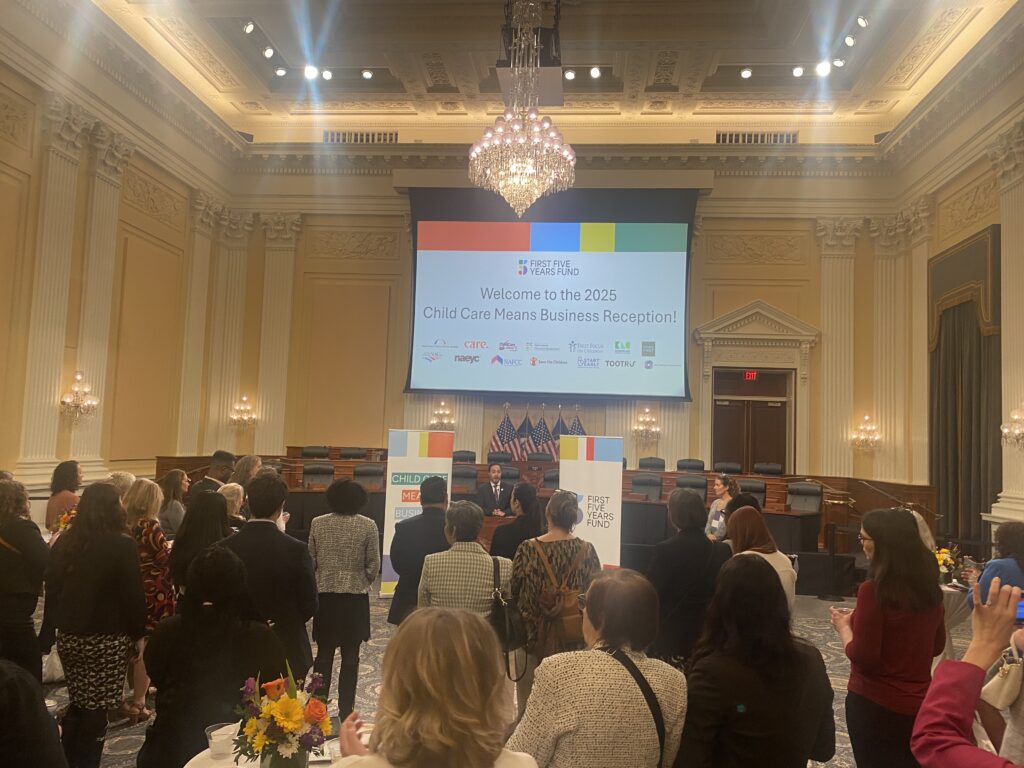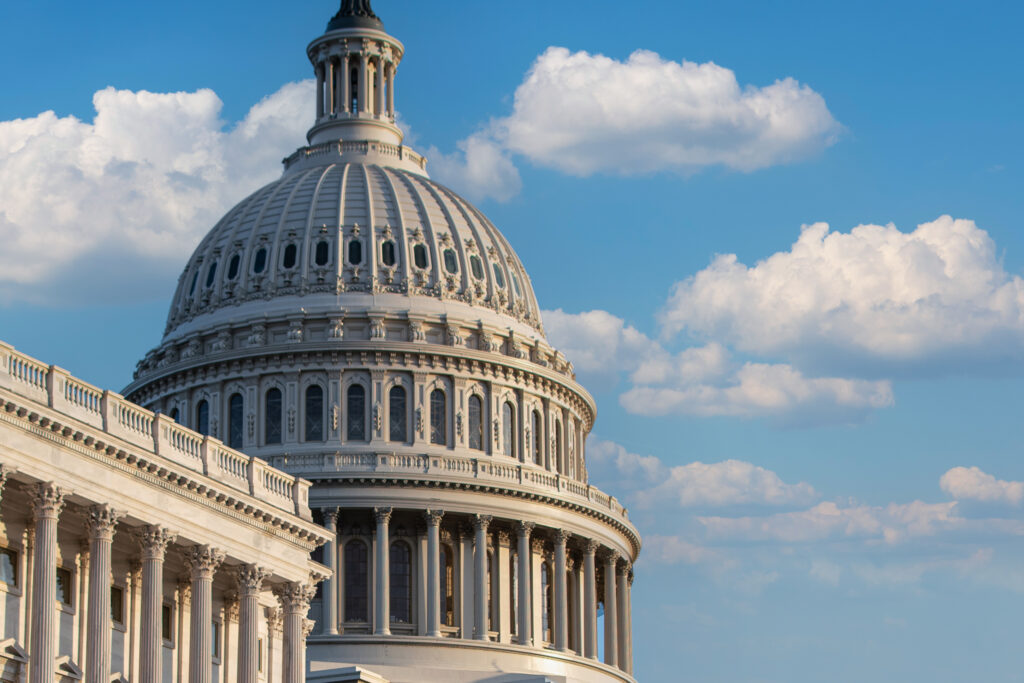Republicans and Democrats Are Going to Bat for Child Care. Will That Matter in Final Recovery Negotiations?


POLITICO is reporting that no progress has been on child care in the COVID-19 recovery negotiations.
From today’s PLAYBOOK:
— CHILDCARE: Dems are at $50 billion and Republicans are at $15 billion, so the two sides have a ways to go. The negotiators decided to move on from discussing this.
But child care is one of the few issues that should be a slam dunk in these discussions. Bipartisan developments over the past few weeks have created a great opportunity for those at the negotiating table to push for significant funding to stabilize the child care industry and prevent it from collapsing entirely, as is predicted.
Here’s where things stand:
- The floor for negotiations has been set at $15 billion, which is what Senate Republicans included for child care in the HEALS Act;
- Important Senate Republicans are on record supporting $25 billion for child care;
- 18 House Republicans joined Democrats to pass the $50 billion Child Care is Essential Act, after the HEROES Act only included $7 billion for child care;
- 41 House Republicans have written to Speaker Pelosi and Repubican Leader McCarthy calling for child care relief funding;
- 10 Senate Republicans have introduced a stand-alone bill to include child care stabilization funding in the recovery package, including: Joni Ernst, Lamar Alexander, John Cornyn, Susan Collins, Steve Daines, Cory Gardner, Martha McSally, Thom Tillis, Todd Young, and John Boozman;
- Leader McConnell has made clear that child care is a priority;
- And more than 8 in 10 voters favor a federal child care stabilization fund in the upcoming COVID-19 recovery package – even up to $50 billion.
All of this suggests that the emergency funding for child care in the final recovery package should be a sure bet, right? The question is, will negotiators at the table make child care a priority in the final bill, or will child care wind up on the cutting room floor?
MORE FROM ACROSS THE COUNTRY
HOW THE PANDEMIC CREATED AN ECONOMIC CRISIS FOR WOMEN:In recent reporting from The 19th and Business Insider, we are seeing how the coronavirus pandemic has created a female recession as women, much more than men, are leaving the workforce to care for children in the absence of child care options. “We’re going to see what happens as women choose to take time out, as they scale back their hours, as they get sidelined in their jobs. All of those things will mean they’re in a worse position in four and five years’ time than they would have been without the pandemic,” said economist Betsy Stevenson.
EVERY INDUSTRY IS IMPACTED BY THE CHILD CARE CRISIS: As states and higher education institutions finalize their fall reopening plans, parents in academia and student parents join the millions of working parents who fear for their careers or academic futures as child care availability disappears due to the pandemic, according to The Chronicle of Higher Education.
IN THE STATES: Before the pandemic, Alabama was facing a shortage of nearly 200,000 child care slots, now, five months after the state closed child care centers, providers are struggling to decide between opening or remaining closed. Minnesota Public Radio talks with experts on the state of child care in the state as parents return to work and school districts decide how to resume instruction in the fall. After years of building up a Pre-K program in Indiana, the coronavirus pandemic has hindered efforts to increase enrollment at a critical time when lawmakers are evaluating the program for future state investment.
Be sure to subscribe to FFYF’s daily early learning and care news clips report for the latest stories from across the nation, right in your inbox. We will continue sharing news and analysis with you as it happens.
Subscribe to FFYF First Look
Every morning, FFYF reports on the latest child care & early learning news from across the country. Subscribe and take 5 minutes to know what's happening in early childhood education.



